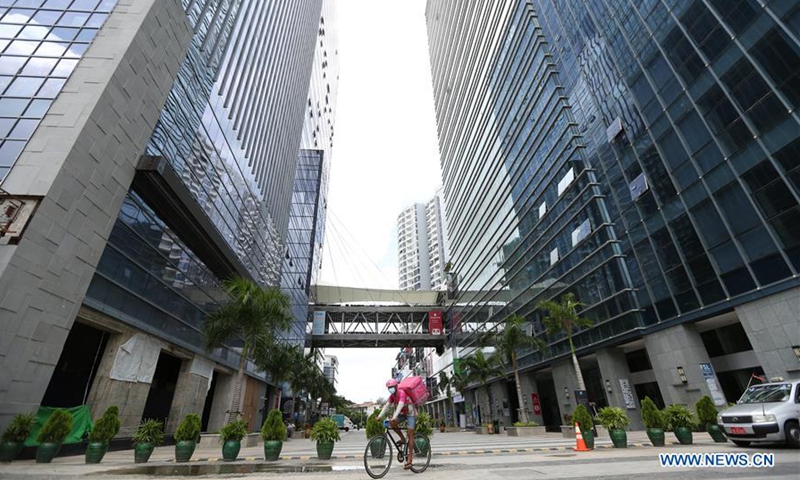The Biden administration’s move to suspend all trade engagement with Myanmar will have a limited impact on Myanmar-based Chinese firms’ operations in the country, business representatives told the Global Times on Tuesday. However, the US unilateral move could set a bad example and exacerbate the situation in Myanmar that could hurt businesses, they warned.
According to a statement from the office of US Trade Representative Katherine Tai on Monday (US time), the suspension of government-to-government engagement under the 2013 Trade and Investment Framework Agreement (TIFA) “will remain in effect until the return of a democratically elected government” there.
The TIFA includes US support for initiatives that would provide Myanmar with better economic development opportunities, such as accelerating economic reform and supporting the country’s integration into the global economy.
The US government move won’t necessarily halt the $1.4 billion in trade between the two countries, but Chinese industry observers said it could be a signal that Washington may deliberately set barriers to hinder Myanmar’s exports to the US.
In addition to halting the 2013 bilateral trade deal, Tai said that the USTR’s office would review Myanmar’s political situation as it works with US Congress on reauthorizing the Generalized System of Preferences program, which reduces US tariffs and provides other special trade access for some developing countries.
A Chinese entrepreneur who has a garment factory in Myanmar told the Global Times on Monday that overall, Myanmar’s garment exports to the US only represent 5 percent of the total, so the impact of the suspension on Chinese businesses in Myanmar is “quite limited.”
“But we’re closely watching to see if Europe makes a similar decision,” the entrepreneur noted.
Garment exports to the Europe account for 55 percent of Myanmar’s exports, and according to the entrepreneur, some European clients have halted orders due to the political instability in Myanmar.
In recent years, an increasing number of Chinese factories in labor-intensive industries have relocated to Myanmar.
Industry insiders told the Global Times that some of them – who moved to Myanmar to avoid hefty US tariffs on Chinese exports – could be affected as well.
A source with the China International Contractors Association told the Global Times on Tuesday that projects undertaken by member companies are proceeding as usual, and the group has not received any concerns that US sanctions would create hurdles to doing business in Myanmar.
An employee at a Chinese state-owned enterprise in Myanmar surnamed Zhang told the Global Times he is worried that the US decision could indirectly sway its Western allies and drive more countries to restrict trade with Myanmar.
In 2020, Myanmar’s trade with the US totaled $1.4 billion. Of the total, Myanmar’s exports to the US stood at $1.0 billion.
In 2019, trade between Myanmar and Europe reached 3.4 billion euros ($3.99 billion).
A closed shopping mall at a condominium complex is seen in Yangon, Myanmar, Sept. 26, 2020. (Xinhua/U Aung)



